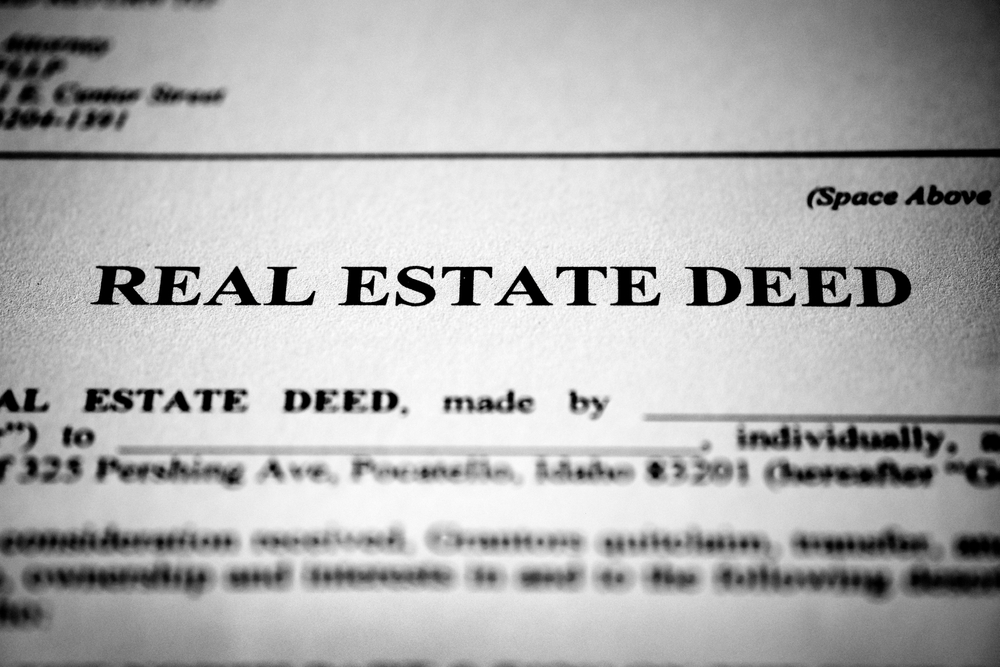If you’ve spent even a little time in the home buying or selling world, you’ve probably heard someone mention a “contingency.” Maybe your agent said, “The offer is contingent on financing,” or you saw a listing marked “under contract with contingencies.” But what does that actually mean? Is it good? Bad? Should you be worried?
Let’s break it down in plain English!
By the time you finish reading, you’ll understand not only what a contingency is, but why it’s such an important part of real estate transactions—and when it might be smart to use one (or not).
What is a Contingency, Really?
A contingency in real estate is a condition or clause included in a purchase agreement that must be met for the sale to move forward. It’s kind of like saying, “I’ll buy your house—but only if X happens.” If X doesn’t happen, the buyer or seller may be able to walk away from the deal without penalty.
Think of contingencies as safety nets. They’re there to protect buyers and sellers from the unexpected. Maybe the house has more issues than you thought. Maybe the bank doesn’t come through with your loan. Contingencies give you an exit strategy before you’re fully locked into the deal.
The Most Common Contingencies

Not all contingencies are created equal, and not every deal includes the same ones. Let’s look at the most common contingencies you’ll see in a real estate transaction…
Inspection Contingency
The inspection contingency is a big one—especially for buyers. This gives the buyer the right to have the home professionally inspected after the offer is accepted. If major problems are discovered, the buyer can ask the seller to fix them, renegotiate the purchase price, or walk away entirely.
This contingency is especially important because even newer homes can hide issues like roof leaks, foundation problems, or problematic wiring. It’s your chance to take a deeper look before fully committing.
Pro tip: Even in a competitive market, waiving the inspection contingency can be risky. If you do decide to waive it, at least consider a pre-offer walk-through with a contractor or inspector to get a better idea of what you’re getting into.
Appraisal Contingency
Let’s say you agree to buy a home for $500,000. Your lender then orders an appraisal, and the appraiser says the home is only worth $470,000. Now what?
This is where the appraisal contingency kicks in. It protects the buyer in case the home doesn’t appraise for the agreed-upon purchase price. If the value comes in low, the buyer can negotiate with the seller to lower the price, pay the difference out of pocket, or back out of the deal entirely.
Appraisal issues aren’t uncommon, especially in fast-moving markets where prices climb quickly. This contingency ensures you’re not overpaying for a home based on what the bank thinks it’s worth.
Financing Contingency
This one’s straightforward but incredibly important. The financing contingency gives the buyer a way out of the contract if their mortgage doesn’t get final approval. It’s great protection if, for example, your financial situation changes, your credit score dips, or your lender has unexpected delays.
Without this contingency, you could still be on the hook to buy the home—even if you can’t get the funds to do it. Most buyers, unless paying all cash, include a financing contingency just to be safe.
Keep in mind: Some sellers prefer buyers who are already pre-approved or pre-underwritten, as it lowers the risk of financing falling through.
Other Contingencies You Might See

While inspection, appraisal, and financing contingencies are the big three, there are a few others that sometimes show up in contracts:
-
Home sale contingency – The buyer needs to sell their current home before purchasing the new one. This can be risky for sellers since it ties up the property.
-
Title contingency – Ensures the seller can legally transfer ownership without liens or claims on the property.
-
HOA review contingency – Gives buyers time to review HOA documents and financials, especially important for condos and townhomes.
Why Contingencies Matter
Contingencies offer peace of mind. They give buyers the chance to do their homework before fully committing—and offer sellers the assurance that certain conditions must be met to proceed.
But there’s a flip side. In hot real estate markets, contingencies can sometimes weaken your offer. Sellers may choose a lower offer with fewer contingencies because it’s more likely to close smoothly. That’s why some buyers—especially in bidding wars—choose to waive certain contingencies to be more competitive.
Is that a good idea? Sometimes, yes. But it depends on the situation—and it comes with risks. Waiving an inspection contingency could leave you stuck with expensive repairs. Waiving an appraisal contingency might mean you have to cough up more cash than expected.
That’s why working with an experienced real estate agent is so crucial. Your agent can help you understand the pros and cons of each contingency and guide you in crafting an offer that balances protection with competitiveness.
Should You Waive Contingencies?

Here’s the honest answer: it depends. In a seller’s market, buyers sometimes waive contingencies to stand out—but it’s not something to do lightly.
Ask yourself:
-
How badly do I want this property?
-
Am I prepared to take on repairs or pay over the appraised value?
-
Can I truly afford the risk?
Sometimes, it’s worth taking a calculated risk. Other times, it’s better to walk away than to regret a rushed purchase.
Contingencies are Protection
Contingencies aren’t just legal mumbo-jumbo—they’re key to protecting yourself during one of life’s biggest transactions. Whether it’s an inspection, appraisal, or financing contingency, each plays a role in making sure everything goes smoothly, fairly, and as expected.
In the end, contingencies aren’t bad—they’re protection. But in competitive markets, waiving some contingencies can make your offer stronger. Just be sure you understand the risks before you do.


